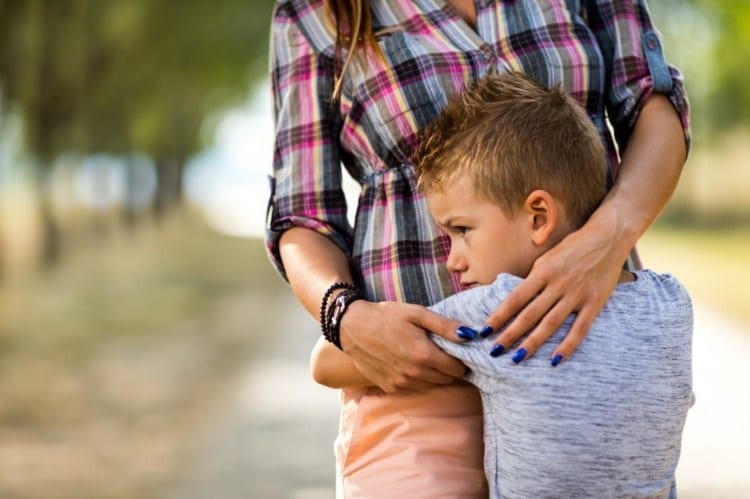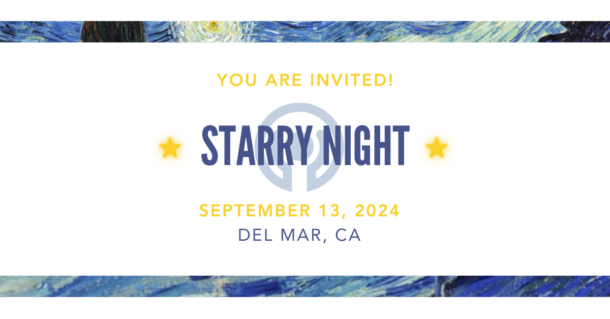By: Danielle Workman
To many people, the mere thought of me telling my son about my bipolar disorder diagnosis was controversial. When people would ask if he knew, I’d always let them know that yes, he did know, and he was okay with it. They’d gasp, or shake their heads in disapproval, or even tear up. If I am being completely honest, I don’t understand their responses. I don’t understand why I wouldn’t tell my son.
But I do know why I did, and why I will continue to talk to him about it.
“Mommy has a sick brain?”
When he was three years old I was diagnosed officially with bipolar disorder. I had had symptoms since I was at least sixteen years old, and now at twenty five I was about to start a mental health journey to wellness and needed everyone to be on board. My husband and I were sitting down talking about treatment when he came into the room. He asked us what we were talking about, and we told him, flatly and honestly. He nodded and went about playing with toys again, unphased.
About a week later, I was in the middle of a big crash and emotional breakdown. My medications hadn’t worked and had actually made my symptoms much worse. Locked in our bedroom, I sobbed loudly. I self harmed and I even broke a few photo frames. When I had finally settled down enough thanks to my rescue medications, my husband entered our bedroom. After a moment of silence as he surveyed the mess, he started to yell at me. He was upset, and very understandably so.
That’s when our son appeared in the doorway behind my husband. “Please don’t yell at mommy. She has a sick brain.” While it led to me sobbing all over again, it reminded both of us of the reality of the mental illness we were facing.
“I think we all need to see a therapist.”
About a year into my therapy and about three months stable on meds, I suggested to my husband that I bring my whole family in to see my therapist. At first, my husband didn’t want to, being uncomfortable with the unknown, but finally he agreed. One dark evening, we climbed into the car and headed to the familiar therapy office. It was strange to be there with my husband and son instead of alone like I usually was. When it was our turn, we headed into the office and all sat together on the familiar couch.
We all took turns talking and discussing things that my therapist brought up. Finally he asked my son what he thought about all of this. He shrugged. “Mommy’s brain is sick.” He said. “But she goes to the doctors.” He pursed his lips and looked at me and my husband. “When mom is feeling good we have fun and do lots of stuff. When she isn’t daddy and I get to do the fun stuff, and we just have to check in on mommy to make sure she’s okay.”
We all smiled. I wanted to cry in that moment, a lump building in my throat. As we spoke, I realized that talking to my son about my mental illness wasn’t harming him as much as educating him. He knew that he would be taken care of no matter what, and his only job was listening to mommy and daddy and being on his best behavior.
I felt proud in that moment. Proud of my son, for listening and being so intuitive. Proud of my husband for being such a fantastic father and caregiver. And proud of all of us, for even making it to that therapy session. I had learned so much about the boys and what they were feeling, thinking and going through, and they were able to learn a bit about me too. Family therapy seemed to cliche and ridiculous, but our twice a year visits seem to be working for the best for the three of us.
—-
“Why would he need to know about this?”
It was the night of my book signing and I stood talking with a family member. She was upset at the sight of my son there (because of the topic of the book) and was annoyed when I informed her that he was very aware of my mental illness. I studied her as she asked her question.
“Why wouldn’t he need to know?” I asked. “He’s my son. I’m his mother.”
“You don’t need to tell your child everything.”
She held a fair enough point, and to that I will give her credit. But in that moment I recalled the moments with my own mentally ill parents and felt nauseated. As a child who knew nothing about mental illness and was kept in the dark about my parent’s diagnosis, I constantly felt scared for myself and my parents. I had no idea if when someone was angry if they were actually that angry or if it was something else. If I would’ve known then that it was their mental illness talking and not actually mommy talking, I would’ve felt so much safer and more secure with my parents.
“Why would I not tell my son about his own mother?” I repeated. “He lives in the same house as me and he sees the mental illness. He sees the mania, the depression. Why not tell him why mommy is cleaning the oven at two in the morning and why she can’t stop crying next week?”
“You shouldn’t damage that innocent mind.” She argued.
“Being educated on mental health isn’t damaging innocence.”
—-
“I’m sorry mommy is Bipolar.”
Two days ago, I sobbed those words to my son. It had been a rough few weeks of pushing through and it was finally time to crash. He had walked into the room right as I was in the midst of a panic attack and I chewed him out for coming in without knocking. The shocked look on his face mixed with my emotions catching up to me caused tears to build up and I broke into heavy and loud sobs.
He approached me, sitting down next to me and cuddling up next to me. I embraced him and kissed his head. “I’m so sorry mommy is bipolar.” I repeated to him. He looked up to me and kissed my cheek.
“It’s okay mommy. You didn’t mean to yell. It’s your brain, right?” I nodded and squeezed him, giving him a long hug. “Do you need to rest? Or do you want to do something?”
“What do you have in mind?” I asked, my voice quivering.
“Wanna watch a movie in your bed?” He asked. “I’ll even let you pick.”
In that moment, cuddled up in bed with my little boy, watching Finding Dory while buried under three blankets, I knew that we made the right decision.
Bipolar Disorder is ugly, but hiding Bipolar disorder is even uglier. And for all the reasons why you shouldn’t tell your children about your mental illness diagnosis, I can think of so many more reasons why you should.
Children are smart, capable, loving and absolutely wonderful. They can de-escalate you with a well timed fart or a wet wonderful kiss. They can make you giggle or simply make your heart melt. And even when your brain tells you that you’re awful and that the world is coming to an end, a child will remind you how awesome and important you are to the world.


